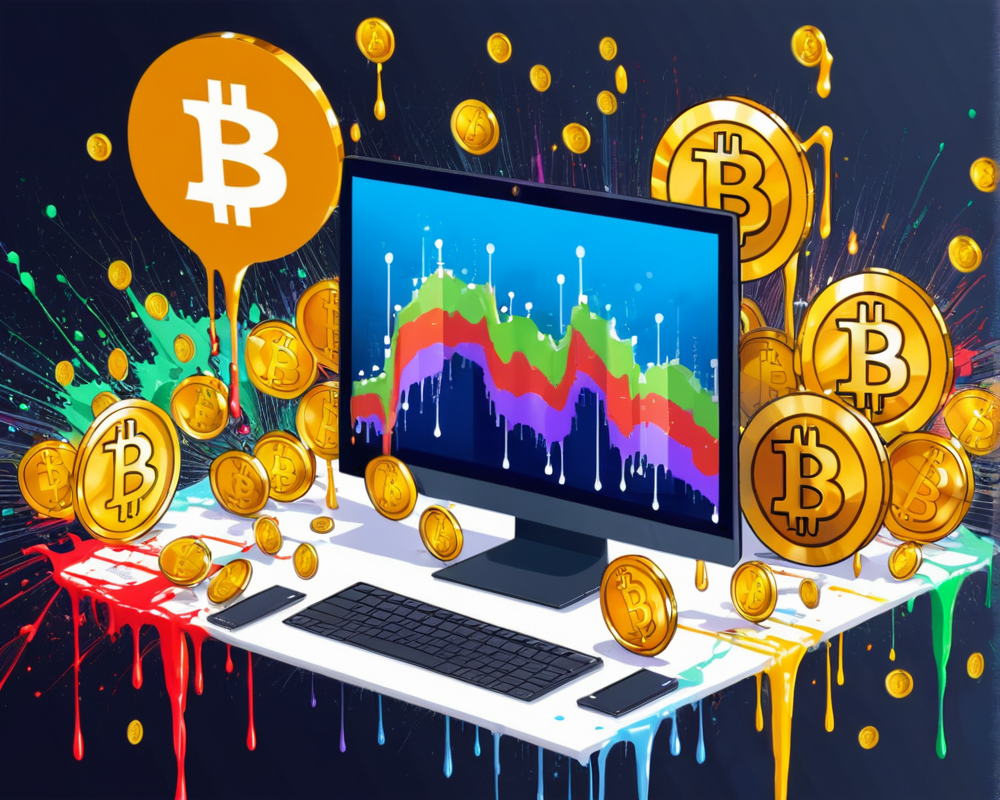Can Bitcoin Become a Global Reserve Asset? Analyzing Its Viability Amidst Current Economic Trends
Can Bitcoin Become a Global Reserve Asset? Analyzing Its Viability Amidst Current Economic Trends
Bitcoin (BTC) has been projected as many things since its inception in 2009. However, the most talked about aspects have been a fungible form of future money and an inflation hedge.
The last Bitcoin (BTC) halving cycle coincided with the raging COVID-19 pandemic, solidifying many people’s belief in Bitcoin as a true hedge against inflation and worldly disorders. One year down the line, however, BTC has lost 75% of its market capitalization, and few would agree with the inflation hedge theory.
During last year’s bull cycle, the likes of Microstrategy, Tesla, and numerous other public companies doubled down on Bitcoin’s inflation hedge aspect by adding Bitcoin to their company treasuries. Microstrategy started buying BTC when the price was trading in the sub-$10,000 range and continued until the market peaked at nearly $69,000.
The decision seemed lucrative initially but sentiment changed rapidly with the advent of the bear market and soaring inflation caused by geopolitical issues like the war in Ukraine.
The Current Landscape for Bitcoin as an Inflation Hedge
The strengthening dollar has made Bitcoin’s position uncertain as a hedge. Experts believe that during times of geopolitical crisis, the United States dollar becomes the primary inflation hedge. The exhibit here illustrates that Bitcoin’s correlation with traditional assets has shifted too, leading many investors to re-evaluate its fundamental value amid the current economic climate.
However, Bitcoin’s decentralized nature offers advantages that traditional assets like gold do not. It is seen as an “insurance” or “store of value” by many of its advocates. The top cryptocurrency’s inherent properties include a fixed supply and decentralization, which proponents believe contribute to its long-term utility as an inflation hedge.
Institutional Pressure and Pricing Concerns
The average purchase price of El Salvador’s Bitcoin holdings stands at $45,000, despite the country’s BTC position representing less than 2% of its total reserves, raising questions about larger economies’ commitment to using Bitcoin.
Countries like Jamaica, with higher international reserves, question the feasibility of converting a significant portion of those reserves into Bitcoin at current prices.
Given that many Bitcoiners expect the currency to act as a hedge, the question remains about what price points will meet the real-world needs of governments seeking to diversify their reserves without substantial market instability, especially considering potential crashes following any significant purchases.
Market Volatility and Future Opportunities
As of now, the cryptocurrency market reflects high correlations with traditional markets, showing that Bitcoin’s fate is tethered to larger economic forces. Analysts believe the current environment will reveal whether Bitcoin exhibits sufficient strength to be seen as a reliable store of value or if market volatility will undermine that narrative.
In conclusion, while Bitcoin’s potential as a global reserve asset continues to be debated, it’s important to consider both market dynamics and the evolving regulatory landscape. The crypto sector’s maturation could signal greater legitimacy, but actual adoption hinge on Bitcoin proving itself as a dependable hedge amidst economic uncertainty.



